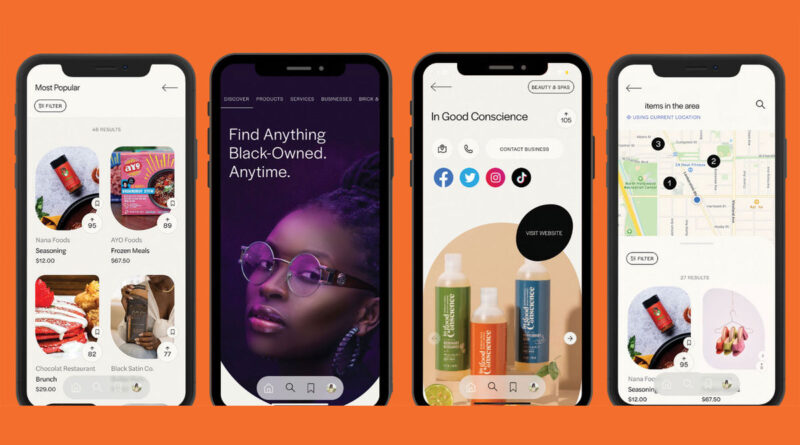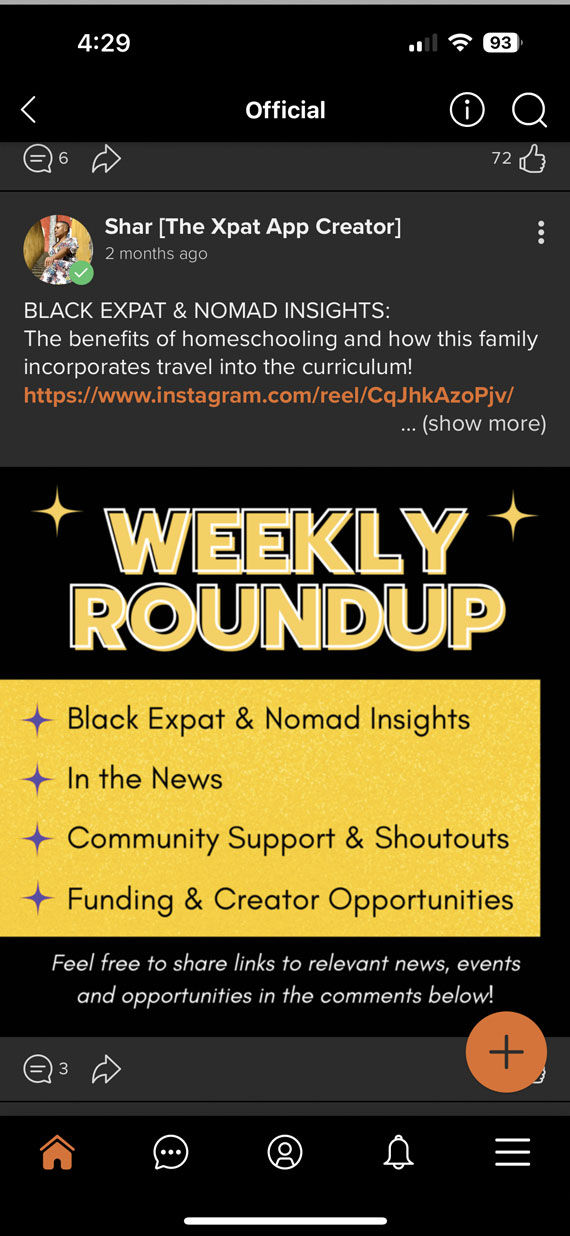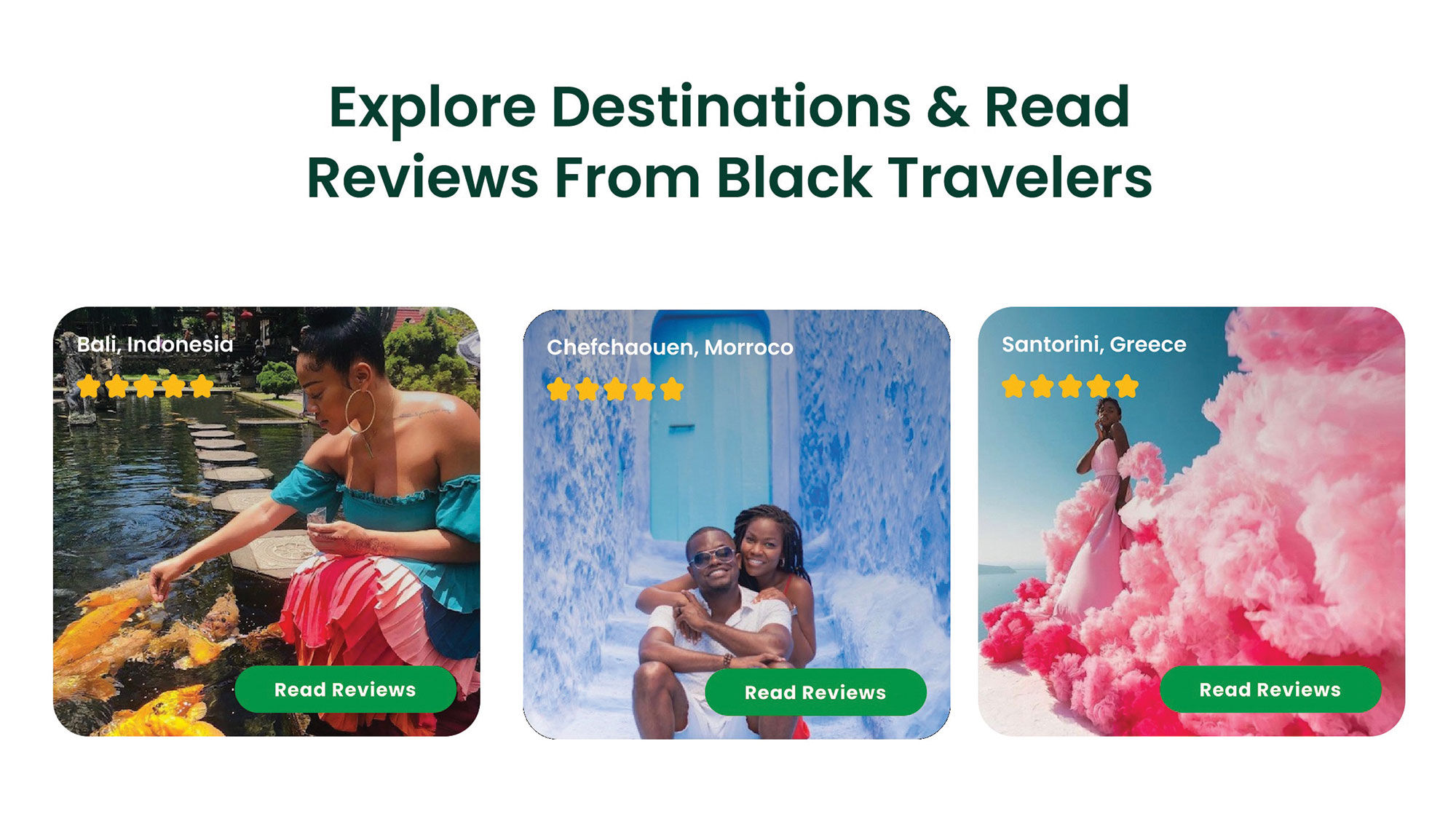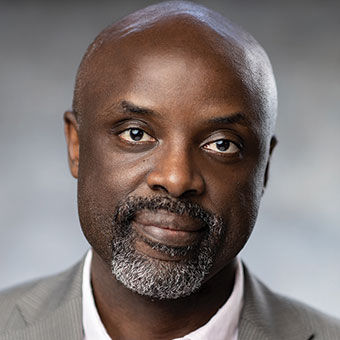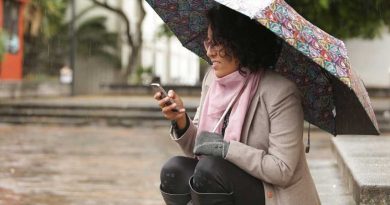Black travelers want seamless, safe experiences. There's an app for that
ATLANTA — Technology is at the center of an expanding global safety net being built for Black travelers, as more entrepreneurs create apps that connect these travelers with Black communities abroad.
And while physical safety is still of the utmost importance to Black travelers wherever they go, the idea that safety while abroad is multifaceted, and not just physical, was among the main takeaways from a travel technology panel at the second annual Black Travel Expo held here this month.
Peace of mind while traveling is what Black travelers are looking for, the panel’s four tech entrepreneurs said about what led to the creation of the apps they’ve launched and the needs those apps address. But they also aim to enhance the global Black travel experience and provide ways to more deeply connect with local Black communities internationally.
“‘Where can we find each other? What are the best spots to eat in? The best clubs to go to? How do I find a dentist, a barber or a hair stylist?’ These are the things that, once you’re living in a country, you really need access to someone reputable and credible,” said Shar Wynter, CEO and founder of the XPat App, one of the largest directories of Black expat nomads and study abroad students on the market. “People are really leveraging these expat and tribal communities to both connect and enhance their experience,” Wynter said.
XPat App, along with Official Black Wall Street and Green Book Global, offer Black travelers resources unique to the needs of the Black community, such as finding local professionals overseas who know how to handle Black hair. They also provide accounts from other Black travelers about what they experienced when visiting a destination.
Green Book Global CEO and founder Lawrence Phillips said it is the first Black travel review site for destinations.
“We’re kind of like a Black Trip Advisor or a modern-day Green Book,” he said about the website and app, where Black travelers review and rate destinations based on experiences they’ve had there, helping to inform other Black travelers who may be interested in visiting.
“But most importantly, [it’s about] what it’s like traveling while Black there,” Phillips added. “We’re not discouraging or encouraging you to go to a place. We want to give you the information so you can make a well-informed decision if you want to go or not.”
Official Black Wall Street, a website and app created by Mandy Bowman, helps connect travelers to Black-owned businesses as a way to strengthen the economic growth and recirculate travel dollars within the Black community. It’s a platform anyone can use but is especially useful for Black travelers seeking to support others like them while also finding community while abroad.
“Our users get notifications of nearby businesses when they are traveling, and it adds an additional level of comfort and safety to know that there are locations where you can find people who look like you or can be helpful allies,” Bowman said.
Green Book Global and Official Black Wall Street are both nods to the original Green Book, a travel guide for African Americans created by postal worker Victor Hugo Green in the 1930s that helped Black travelers find businesses and destinations in the U.S. that were safe to visit during the Jim Crow era.
Making connections
Charles Shima, a native of Rwanda based in Vancouver, was frustrated with the lack of resources available to find local cultural activities in African countries. He also wanted to dispel the often negative portrayal of Africa as a continent of war, famine, poverty and disease and show travelers that there is a plethora of untapped beauty to be found in the continent’s 54 countries.
So he created ZaNiheza, a website and app that aims to help travelers of all backgrounds find local Black-owned tour operators and activity providers in African countries that go beyond the wildlife safari experience. Travelers can book multiday tours and local activities in several countries, including popular destinations like Tanzania and South Africa, but also Rwanda, Mauritania and Nigeria.
“ZaNiheza is bringing those local tour companies online and giving them the technology they need and the marketing and visibility they need,” Shima said. “I’m focusing on finding those authentic, untouched [tours]. Nobody else is doing this, and it’s such an untapped part of the market.”
Exposing Black travelers to a variety of travel technology offering a sense of community, resources and reassurance that Black travelers are not alone in their quests for connection was the goal Black Travel Expo creator Maurice Foley had in mind when curating this year’s travel tech panel.
“I wanted to provide what I would call actionable intelligence,” he said. “The goal here is to focus on [elevating] the Black travel consumer and making sure that they have all the resources and contacts that they need, especially for Black travel entrepreneurs.”
Source: Read Full Article
